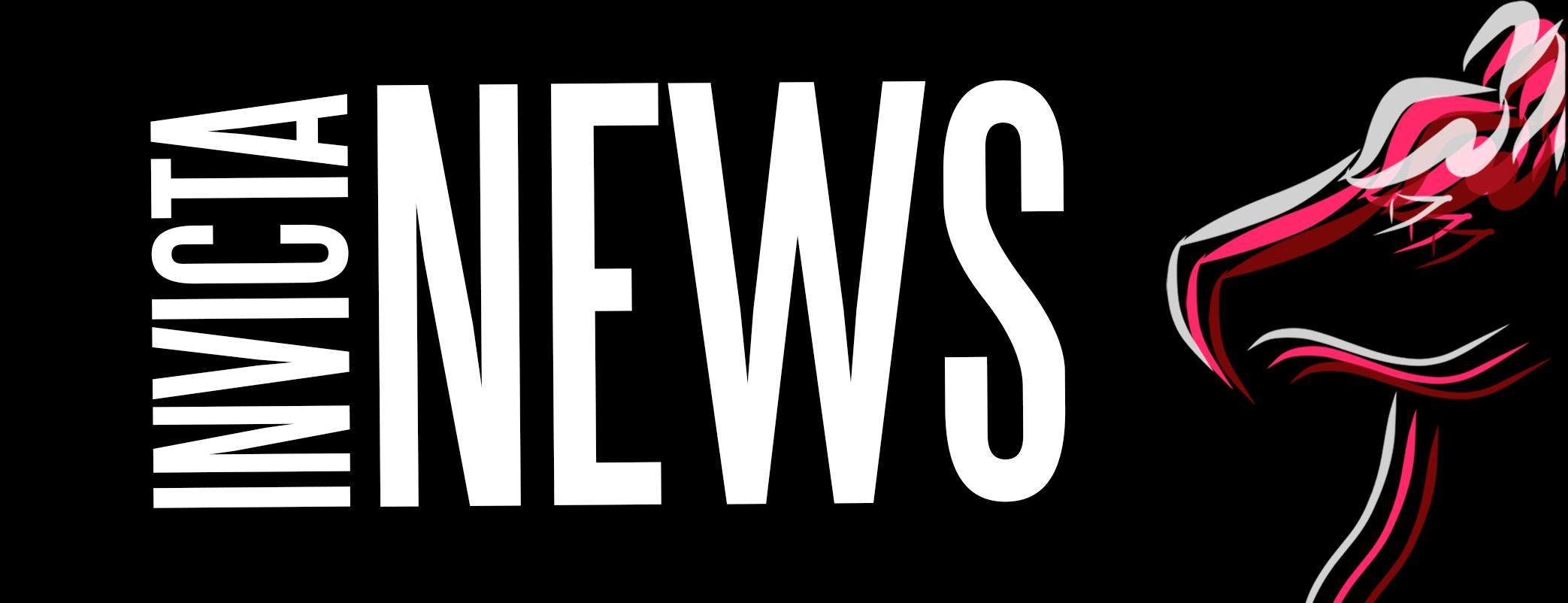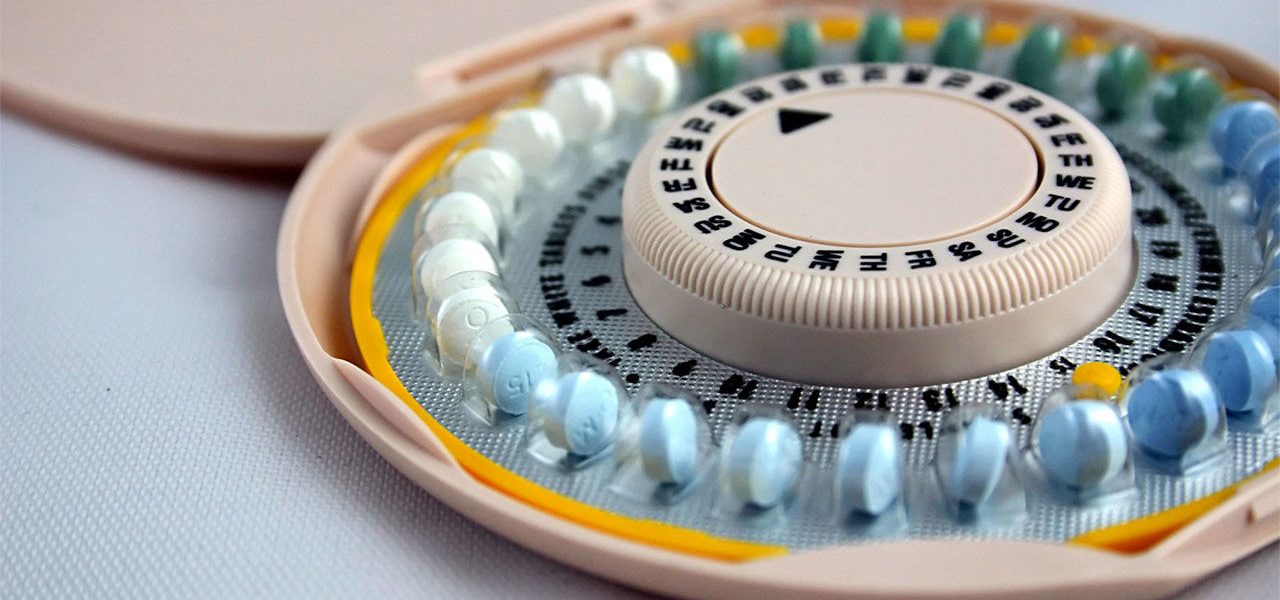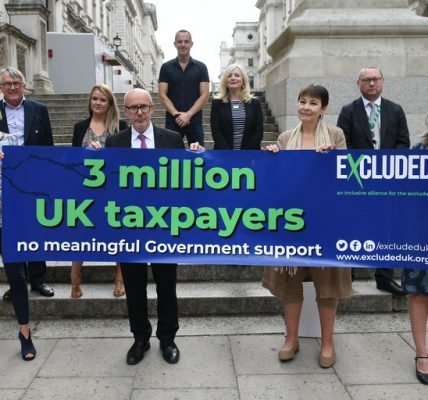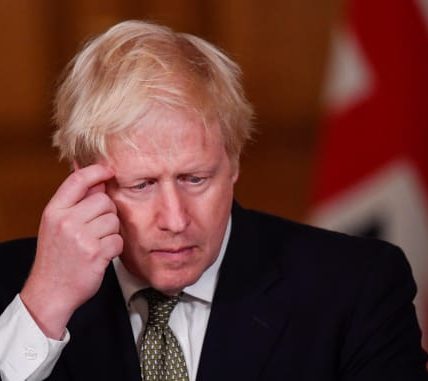It’s 58 years since the pill was made available on the NHS, here are some facts about the pill.
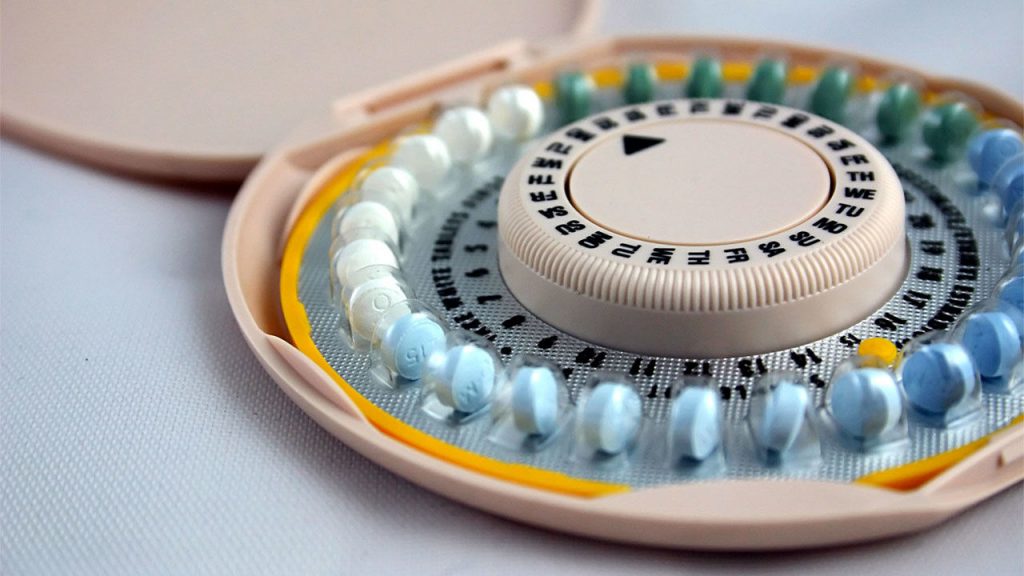
The pill is the most common form of contraception today, according to research by the Guardian and it has freed a lot of women from the burden of being pregnant.
It became available on the NHS 58 years ago but it wasn’t available to all women. Sometimes doctors could refuse to provide the pill if you were not married.
But today the pill has granted sexual freedom to the 3.1 million women on it for the purpose of not getting pregnant. It has also allowed women to focus on their careers and other endeavors without the added responsibility of caring for an infant child.
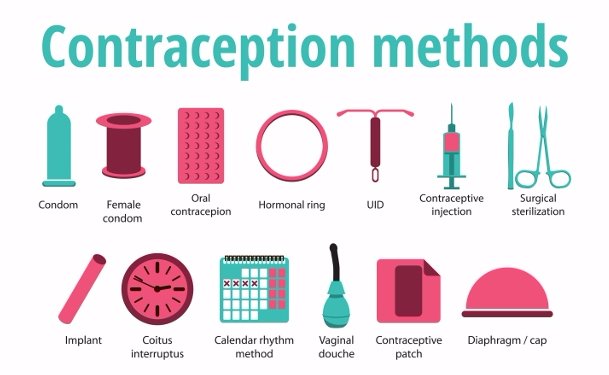
The pill can also be prescribed for irregular or heavy menstrual periods, menstrual cramps, acne, PMS, Primary Ovarian Insufficiency (POI), endometriosis, and hormone replacement therapy.
What are the other forms of contraception?
- Male condoms are also very popular among sexually active people. They need to be used every time during sex. These are 98% effective if it’s used correctly during sex.
- Contraceptive implants are becoming more popular among women. They last up to three years and are more than 99% effective.
- The contraceptive injection can also be 99% effective if it used correctly. The injection is renewed every 8 weeks or every 12 weeks depending on the type.
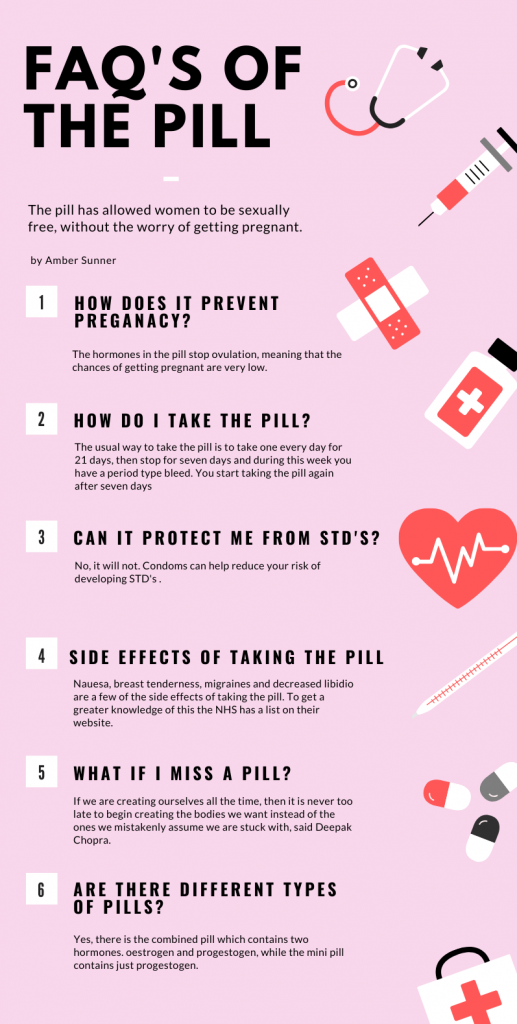
But some GP’s still do not offer the whole range of contraception according to research by the Family Planning Association. They found that 2% of GP’s offer the full range with a fifth saying they did not offer IUD’s which is contraception which goes into the woman’s uterus.
